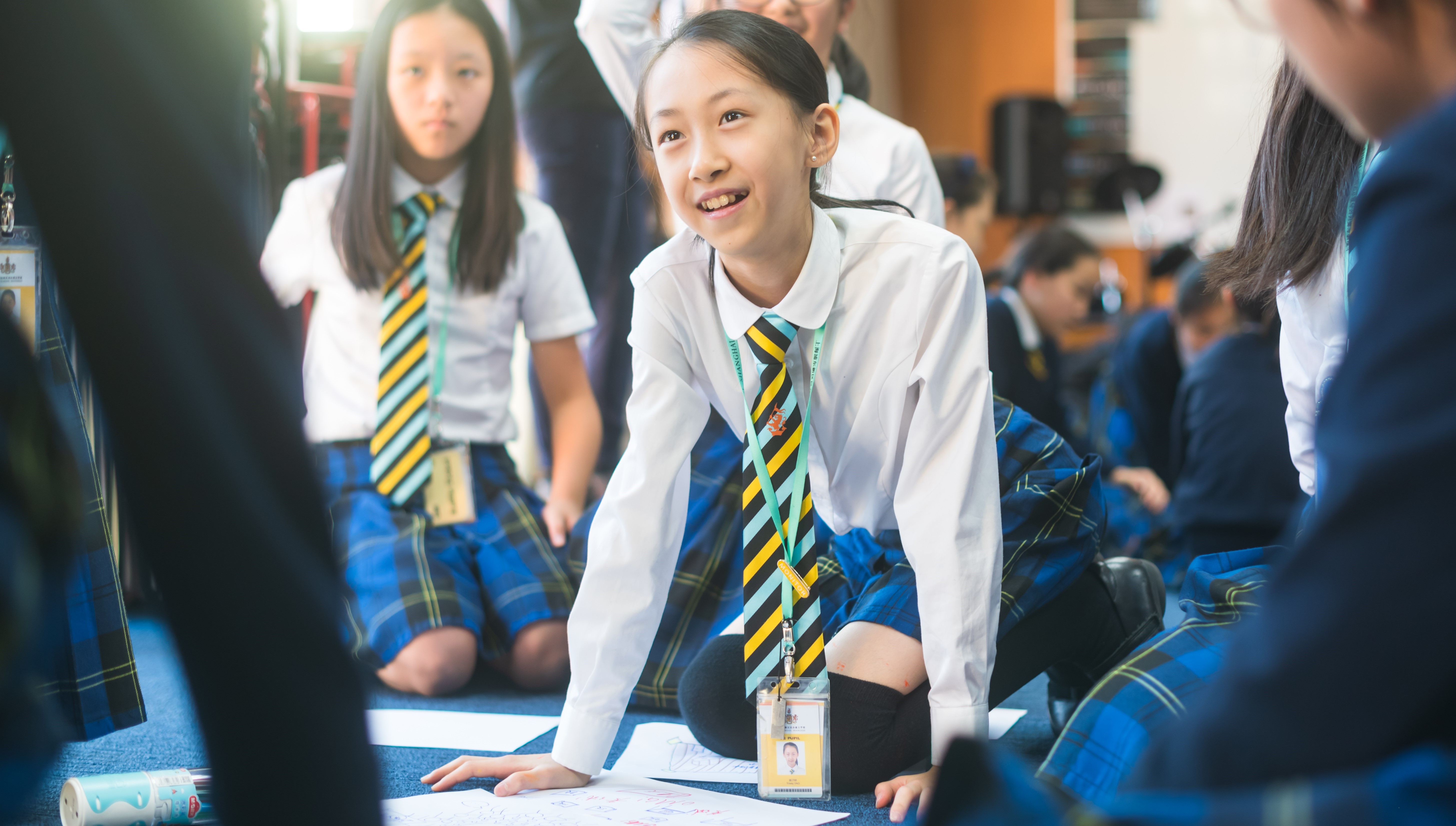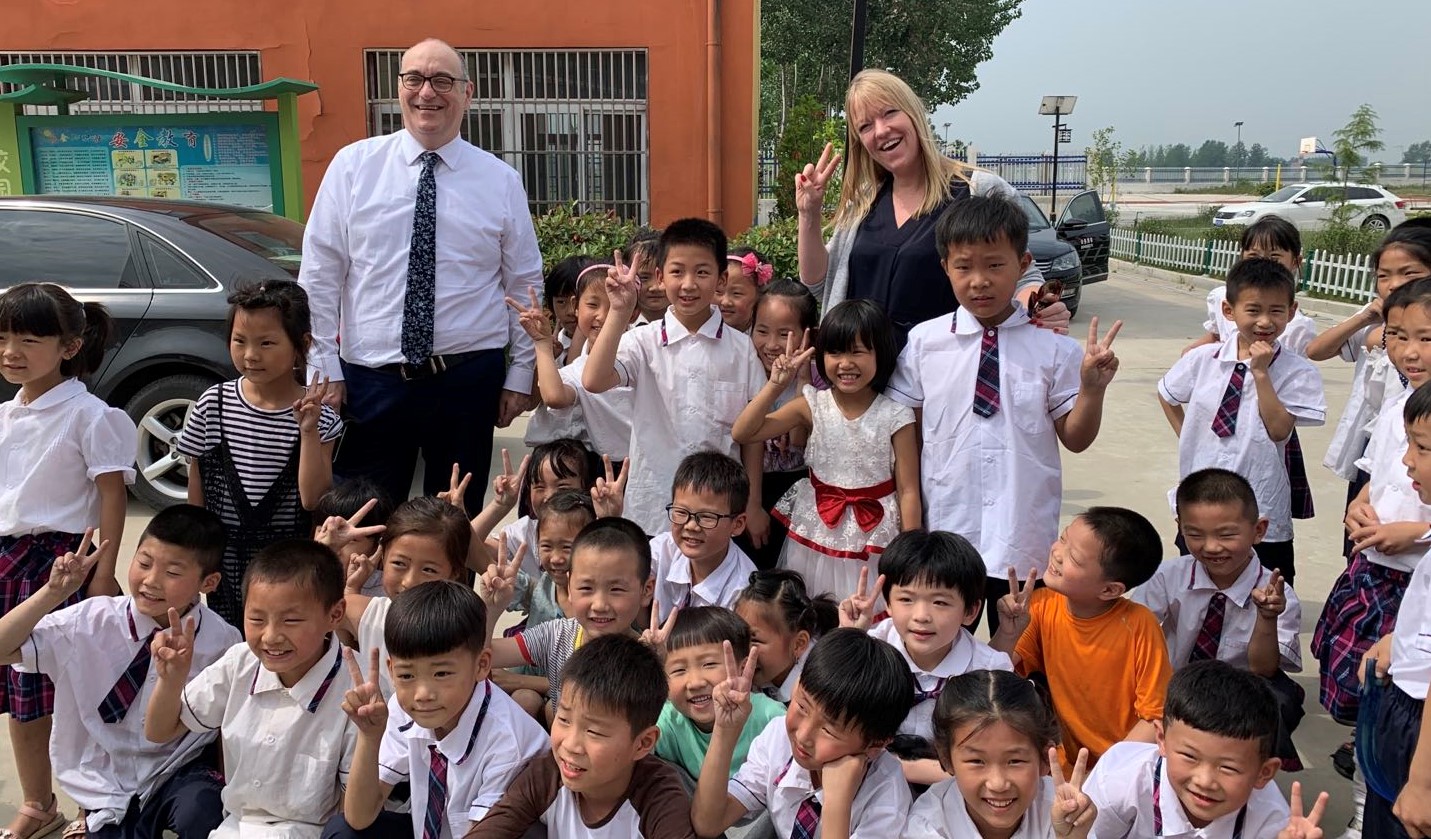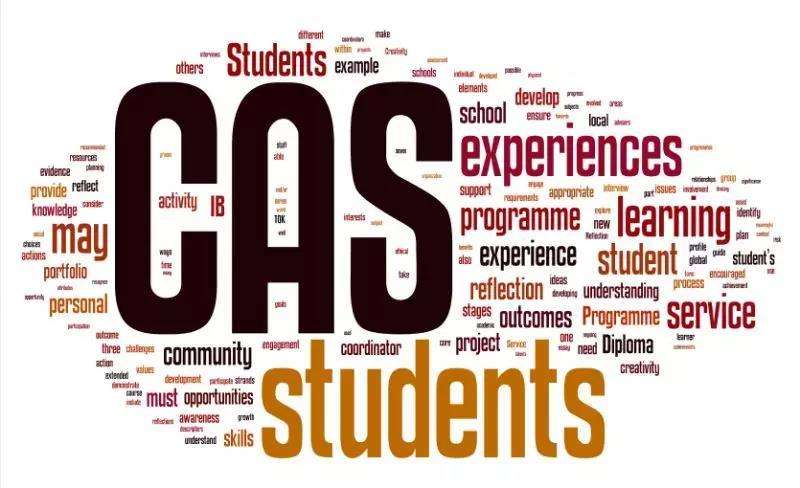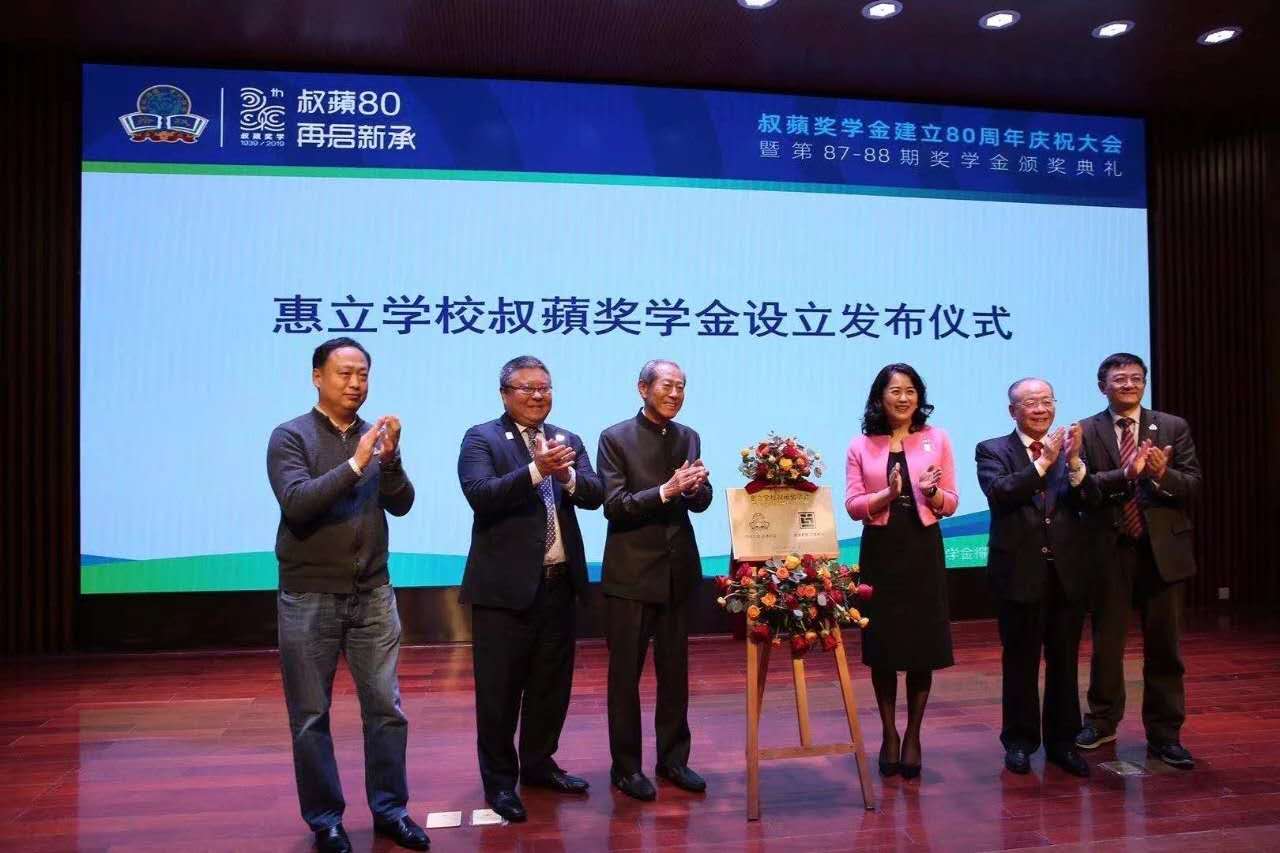
Everyone is responsible for their part in the rise and fall of their country. — Gu Yanwu The current pandemic is a crisis but also an opportunity for children to better understand social issues. The COVID-19 pandemic started to break out in China at the beginning of 2020 and lasted for several months before it was brought under control. People nationwide devoted all their efforts to overcoming these hard times and as a consequence, their lives have begun to return to normal. When we reflect on the entire process, what we can learn from it is that we should not be afraid of assuming social responsibility when events of this nature call on us to do our part. Being courageous is a social responsibility. For example, medical workers around the country were determined to support Hubei province despite the risk to their own safety. To protect other people’s health, they were selfless in their actions, exposing themselves to danger and, in many cases, even losing their lives. Being kind is a social responsibility. When hearing that protective materials on the frontline were in short supply, people young and old across the country showed their generosity by contributing what they had to safeguard against infection, promote prevention and assist treatment efforts in China’s severely affected areas. Being responsible is a social responsibility. When China was trying its utmost to treat thousands of infected patients during the worst of the outbreak, obeying government-mandated rules of home-isolation and personal protection was our small, yet vitally important responsibility. Being morally upright is a social responsibility. Unfortunately, the massive amounts of information being distributed by various media outlets made it hard to distinguish between true and false news at times. As such, we all needed to rely on our rational and critical thinking abilities to find out the facts while remaining positive and truthful in our actions both online and in real life. Being respectful is a social responsibility. Although viruses are by their very nature contagious and hence intimidating, we needed to be open-minded and empathetic to treat others with compassion and respect, regardless of their occupation or where they came from.

It is worth noting that these responsibilities mirror our five Hiba Values. They are embedded in our daily communications and exchanges with pupils and are at the core of the Hiba education philosophy. Cultivating virtuous and capable pupils ‘Cultivating virtuous and capable pupils by benevolence and spreading wisdom widely’ is the educational vision of Hiba. By upholding ‘benevolence’ and ‘virtue’, Hiba is committed to ensuring that our pupils always embody the Hiba Values and Hiba Identities, and that they have a positive influence on our future society. An outstanding education will help cultivate pupils’ social responsibility. Thanks to their own broad cultural outlook, Hiba teachers are able to guide pupils to be more responsible by learning from daily lessons and current affairs, while emphasising the importance of having an awareness of their own social responsibilities.

Hiba not only aims to educate pupils so they can achieve academic success, more importantly, it wants to nurture responsible global citizens who will exert a positive influence on our entire society. Becoming more mature during the epidemic period This pandemic crisis has made us contemplate the meaning of life as well as what life and love mean to us. Many of us have used this time as an opportunity to become more respectful of nature and of our wider community.

To conduct a series of lessons on moral education, young pioneers brigade alongside youth league committee of the school held various online class meetings entitled ‘gratitude’, aiming to guide pupils to reflect on different charitable actions that they heard about during the epidemic period, while also helping them gain a better all-round understanding of this crisis. These activities have hopefully helped to develop their empathy, their spirit of dedication and their perception of the meaning of love we should have for others. Their thoughts on social responsibility will help them establish more positive views on the world, life and their own values. We consider this to be solid foundation for helping our pupils become global citizens in the future. The unity of knowing and doing Responsibility education lets pupils make links between ‘knowing’ and ‘doing’. Even before the outbreak, Hiba pupils were active in joining in various public benefit activities. During our English Week in 2019, Hiba School raised more than 200,000 yuan in the Readathon project, thanks to the generosity of the whole Hiba community. The money raised has paid for six schools in China to have library resources delivered to their school. Hiba pupils and teachers have established contact with their counterparts in one of these schools. They truly understood the impact of their actions by visiting this school in person, and a greater sense of awareness about social responsibility was gained.

Early this year, classes in Junior High also launched ongoing fundraising initiatives, essentially forming a charitable donations relay to support frontline healthcare workers. Encouragingly, their initiatives received an enthusiastic response from the community, with a total of over 530,000 yuan being raised, which was donated to over 30 hospitals across Shanghai, Wuhan, Zhejiang and other places.

Moreover, the Hiba community set up the Shanghai United Foundation - Friends of Hiba Fund in 2019. Its plan of ‘cultivation of pupils with great love’ is designed to fund them to participate in public benefit activities and obtain hands-on experience of service in the community.

Hiba pupils’ interest and activism regarding current events and their civic awareness was a practical demonstration of the Hiba Values of courage, integrity, kindness and responsibility. A balanced emphasis on morality and learning Our pupils who enter High School will undertake the IB diploma programme, with CAS (Creativity, Activity, Service) being one of its three core curriculums.

The CAS curriculum is not directly related to academic learning, it is a series of activities carried out by pupils independently throughout the two-year study of the IB programme. The ‘service’ element refers to an unpaid and voluntary activity (e.g. community service, setting up an environmental protection group, etc.) that contributes to the welfare or wellbeing of others, making it a social practice that requires pupils to demonstrate their social responsibility. Although CAS will not be graded, one cannot get an IB diploma without finishing the CAS curriculum, even if excellent grades in other subjects are achieved. CAS is generally regarded as a challenging curriculum by IB candidates, but its challenging nature is a big part of its inherent value. Among the three strands of CAS, service is the most difficult, yet it remains extremely worthwhile from both a personal and educational perspective. Pupils who understand and assume social responsibility will benefit from it when the time comes for them to apply to their universities of choice. More importantly, it helps them broaden their worldview and better understand the development of their own personality. By engaging in CAS activities, pupils will get to know the world and themselves better, as well as having opportunities to test themselves in a series of significant yet satisfying challenges. Achieving excellence In 1992, Ms. Joy Qiao, Founder and Chair of Governors of Wellington College China, was awarded the ‘Shuping Scholarship’ and was able to study at Oxford University.“What is gained from society should be returned to society”is the spirit that Shuping Scholarship promotes. On the 80th anniversary of this scholarship, Ms. Joy Qiao initiated and launched the Hiba School Shuping Scholarship programme. This programme was created to give outstanding pupils who would not otherwise have the means to study at a top school a chance to receive a top-quality bilingual education at Hiba. We expect beneficiaries will carry forward this noble spirit while giving back to society in their own way.

The unvelling ceremony of "Hiba Shuping Scholarship"
Our pupils will enter an adult life that is complicated and full of challenges. It is their responsibility to make a positive contribution to society in whatever way they can, and accordingly it is Hiba School’s responsibility to prepare them for this part of their lives. We will continue to explore and move forward, with the aim of cultivating Hiba pupils who are capable of being responsible citizens in our future society; those who can fully embody the Hiba Values of courage, integrity, kindness, responsibility and respect.